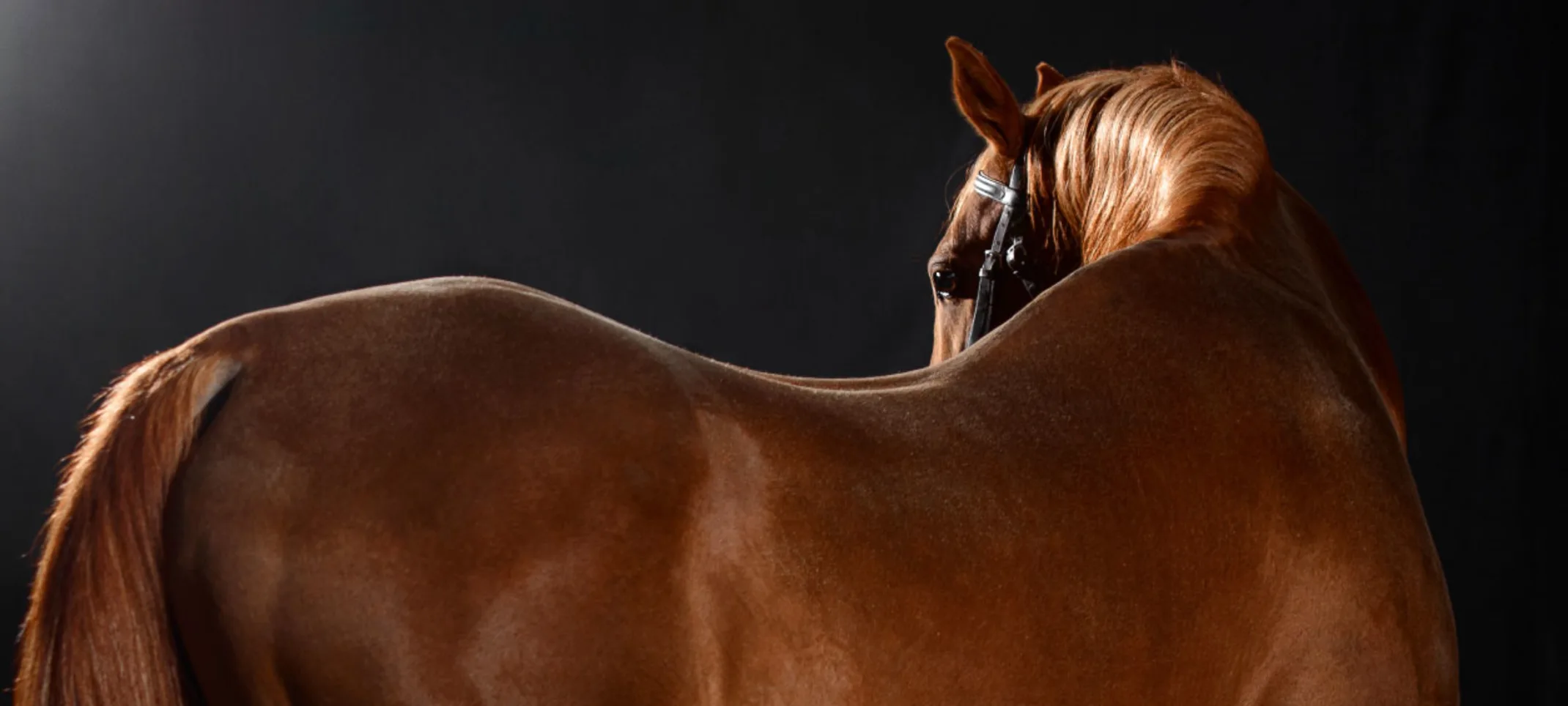Willow Springs Veterinary Clinic
Equine Chiropractic
Did you know there are chiropractors who focus solely on horses? If you own a horse, it may be a good idea for you to find out whether or not there are any equine chiropractors in your area.

The right equine chiropractor can make a big difference in your horse’s condition. Whether it’s dealing with a medical issue, showing signs of slowing down in its old age, or it’s got an acute problem it needs to heal from, a chiropractor may be the right solution.
What is chiropractic equine care?
Chiropractic care for horses is not very different from chiropractic care for humans or other animals. However, since horses are used in a different way than most other types of animals, this kind of veterinary care focuses on specific areas in which horses often see problems. The end goal is to help a horse feel better, perform better, and become more mobile, especially if it has suffered an injury or has an ongoing condition that contributes to mobility issues.
An equine chiropractor manually moves a horse’s body, focusing on the vertebrae. The chiropractor makes adjustments to the horse’s body that can assist and get the horse back to his usual self in no time. This type of treatment is considered a physical therapy in horses; it isn’t the only treatment your horse may need, depending on his condition, but it is likely to make a big difference in its results. It may be paired with other types of physical therapy or may go along with a medication regimen that can help your horse’s health improve with time.
Horses may receive chiropractic care for a variety of reasons. Some horse owners feel like this type of treatment is unnecessary and that traditional veterinary medicine can help their horses heal just as easily as anything else. However, more and more horse owners are beginning to see the benefits of taking their horses to the equine chiropractor.
While it is entirely up to you to decide whether or not your horse requires chiropractic care, if it’s suffering from musculoskeletal problems, this may be something you should bring up with his regular veterinarian.
What warrants a visit to the equine chiropractor?
In this section, we will explain some of the most common problems that usually cause a horse to be referred to the veterinary equine chiropractor.
Problems with a horse’s muscles: Horses who have frequent, recurring muscle pain can benefit from seeing a chiropractor. Additionally, horses who suffer from acute muscle problems, such as a badly pulled muscle or a strain, may need to go to the chiropractor to be treated for a short time until they can recover and get back to normal.
Joint or bone health issues: Horses may develop a variety of bone health or joint issues, including arthritis. If your horse suffers from this type of problem, you should take it to its regular veterinarian first for official diagnoses and treatment options. From there, however, you may be able to get some good results from taking it to the equine chiropractor.
Loss of condition in working or athletic applications: Horses who are used for working and athletic purposes tend to have more strain put on their bodies than other horses. These horses may start to show a decline in their abilities or a loss in their condition. They may slow down, may appear to be in pain while running, hauling, or otherwise moving, or they may develop new behavioral problems that haven’t been an issue before. If you notice any of these problems in your horse, take it to its regular veterinarian first, but don’t be afraid to bring up the equine chiropractor as an option.
Aging: As your horse gets older, it is going to have different health needs. Older horses may be able to regain some of the vitality of their youth by going for regular equine chiropractic treatments. Your horse’s individual needs and results will vary.
Odd posture: Finally, a horse who shows odd posture at any point in his life—from birth to old age—may be able to have the problem corrected by a chiropractor. Odd posture may be caused by a variety of issues, however, so this is another time when the regular veterinarian is also crucial to diagnosis.
Now that you’ve had a chance to learn something about equine chiropractors, it’s time to figure out whether or not this type of medical treatment is a good idea for your horse. You know your horse best, and you know how his condition may affect him in his day-to-day life. If you feel like chiropractic care may help, there’s no reason not to reach out to your local equine chiropractor and find out more. Of course, you can always ask your horse’s regular veterinarian for an opinion and go from there.
